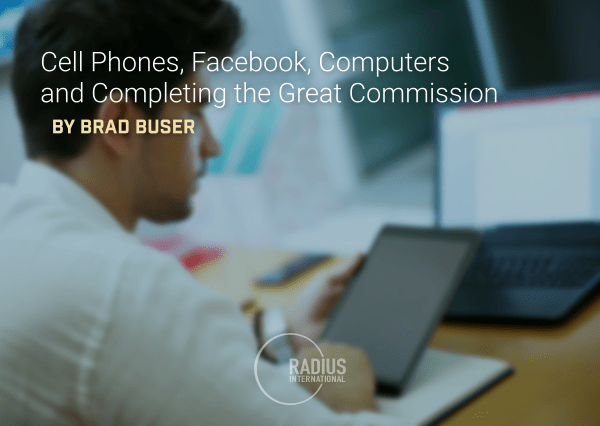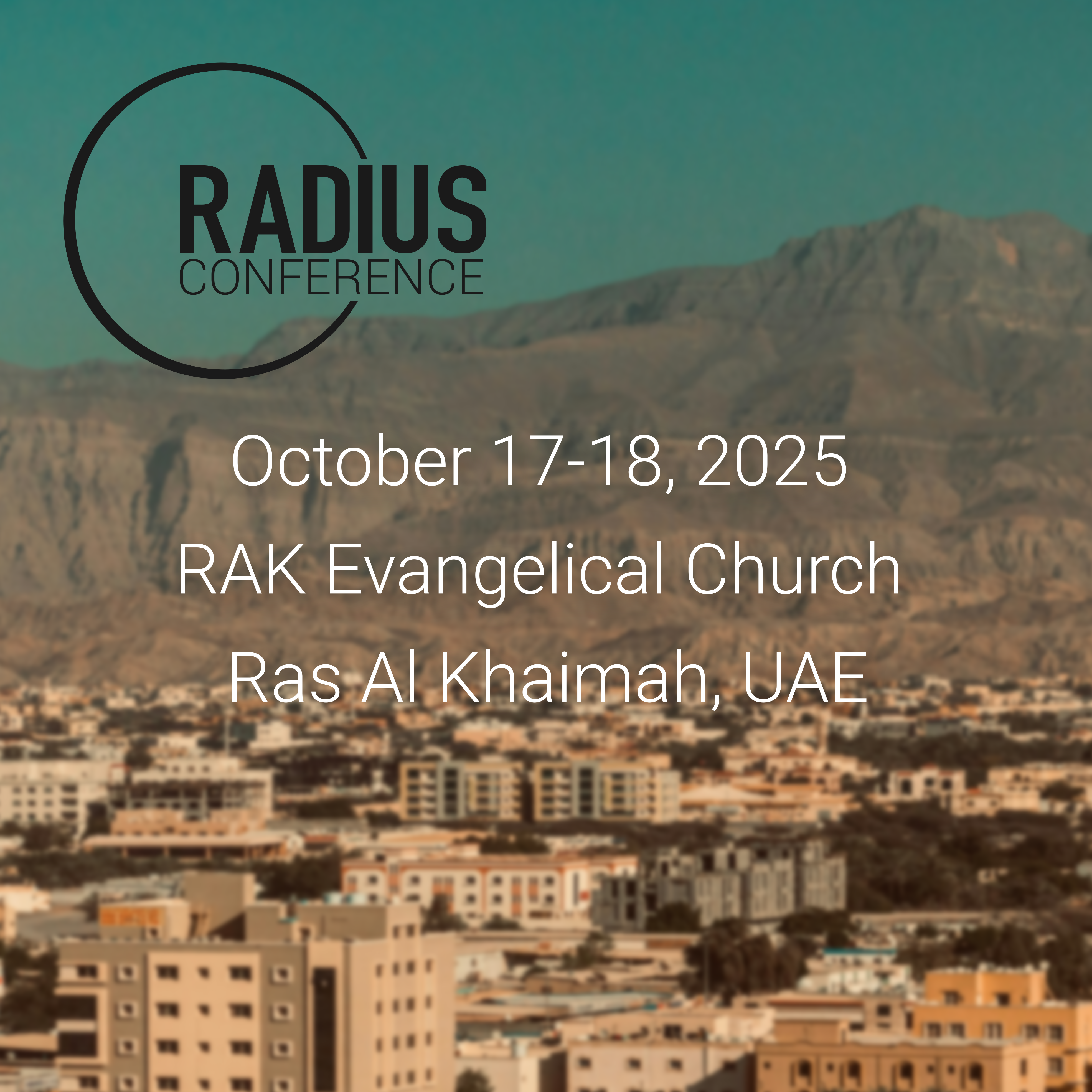Anyone who reads the biographies of Hudson Taylor, David Brainard, CT Studd, and others from long ago will, of course, notice a total absence of any of the technologies we take for granted. The world they lived in is difficult to imagine today: the quietness, the pace, the lack of news from the outside world. I still remember the day in the early 1980’s when I saw the first computer a returning missionary brought back to PNG (he’d already lived there 10 years and had mastered the local language). The huge boxes, huge floppy disks, huge PRICE TAG…all were mind-boggling. But the speed of word processing, and the obvious benefit to the translation he was doing, made this nothing but a huge blessing. No one could foresee what was coming then.
Computers got smaller and more affordable. They became part of the language learning process, not just the translation process. VHS followed soon; missionaries could watch videos in the jungle. Then Satellite phones, emailing out of the jungle via short wave radio, then regular email…and today we have FACEBOOK and handheld cell phones that work nearly anywhere in the world! There are some great upsides to most of these and there are very real dangers in them, too.
The world shrank. The loneliness that historically drove missionaries into the social fabric in the areas they worked in slowly disappeared. Being cut off from your home country, we came to realize, had been extremely helpful. Yet all that disappeared. By the late 1990’s, I was connected to the outside world, even living in the jungles of PNG. I will confess, if I was going to the field today, having grown up in a culture where being connected 24/7 is LIFE, I’m very sure that on my own I would not see the downsides to ‘being connected.’ For many who are being sent out today to NOT have a device in their hand which allows access to scores, friends, news, stocks, friends, emails, weather, tides (San Diego), photos, friends, bible study helps, and business that comes via the phone, that life is almost unthinkable. I get it.
So how does this affect the Great Commission? With all the potential for good, the reality is that the improper use of these technologies is hurting us in a few critical ways. Missionaries may live overseas, even learn some language and gather much data about a culture…and still not be ‘there’ as a real part of the community. Technology allows for one to live in the home culture and in the current location at the same time. I saw firsthand the effect it had on those who had weekly satellite phone calls back to their families in the USA. Keeping the relationships of family and others from the home country vibrant while trying to ‘become part of the world there’ is a delusion. The use of electronic relaxation can lift us out of our situation so thoroughly and cleanly that the anticipation of an electronic relief is what the missionary is living for. I was told that very thing at the headquarters of a major agency… [1] “Take anything from our missionaries but their internet, without that they can’t survive.” Going to a remote cross-cultural context and having self-imposed (as opposed to the lack of availability years ago) restrictions on such usage takes great character and a personal commitment to such disciplines. Today it is common for missionaries to spend two, or more, hours a day on social media. All while trying to learn a language! The myth of ‘multitasking’ shows up again and again as a lack of real local friendships are exposed. Satisfying friendships in a 3rd language context truly are difficult; the differences between the person from ‘the outside’ and those he is trying to reach are huge. Anything less than a serious diving into their new context – not just in the linguistic and cultural realm, but in the relational realm too – will be detrimental to their work.
For the missionary who doesn’t see the harmful effects of having his heart in two places (San Diego and PNG, Bakersfield and India), it will be extremely difficult to bridge the distance and develop the deep relationships sought and required for true discipleship. Maybe the missionary will pass blame on the ‘hardness of the people’ or the fierce resistance of local Muslims. No doubt at times there is truth to that…but frequently missionaries are seen as ‘here but not here’ by those they live among.
None of the modern conveniences mentioned in this article are sinful. But the distraction factor no longer needs to be proved. It is a reality. Our students here at Radius are living proof of the fallacy of the multi-tasking capacity of this generation. They talk about how being ‘easily distracted’ or ‘bored’ is common today. In addition to acquiring the language and culture, the authentic relationships it takes to bring folks to maturity in Christ is obvious. Paul says in I Cor 4:15, “For though you have countless guides in Christ, you do not have many fathers. For I became your father in Christ Jesus through the gospel.”
Neil Postman, not known as a friend of Christians, predicted the erosion of the ability to think seriously about anything. In 1984, he wrote, [2] ”George Orwell (Author of 1984) feared those who would ban books. What Aldous Huxley, (Author of Brave New World) feared was that there would be no reason to ban a book, for there would be no one who wanted to read one.”
There are many disciplines our students knowingly endure while they are with us, all for the purpose of helping them ‘be completely present while in Mexico.’ Some of those include not planning and anticipating connecting with friends from back home with nighttime phone calls, Skyping their parents, or watching a video in the privacy of their room on the weekend. To ‘be where you’re at… completely’ is new for many who have multi-tasked their way through life.
During a recent Parents’ Weekend, one student shared, “One of the huge things that Radius is trying to ingrain in us is a biblical theology of suffering. These guys know the cost because they’ve paid it. They’ve spent decades on the field and intimately know the hardships and trials and sufferings that lie ahead of us. So, they’ve spent a lot of time pounding into our heads what the Bible says about suffering so that when we’re in the middle of it we hold fast to the task set before us. We all know we follow a suffering Savior. We must take that seriously. Do we not owe him everything? How can we seek comfort and safety and protection when he has borne the weight of every curse up his shoulders on our behalf? He is worthy. He is worthy. He is worthy.” Families are getting on the same page as they are learning what they must endure for the sake of the Gospel. Yes, He is worthy! We are powerfully encouraged by the convictions growing in these students’ hearts!! How could we not be?
For the Radius team…Brad
————————————————————
[1] Name of sending agency withheld
[2] Amusing Ourselves to Death, Neil Postman, forward xix
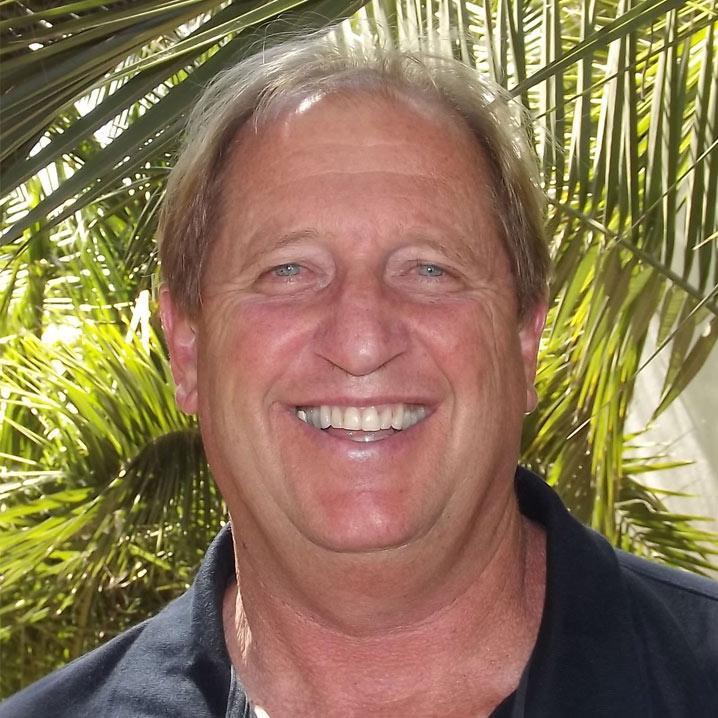
Brad Buser
Founder of Radius International
Brad and his wife Beth planted a church among the
 We train individuals, couples, and families who are committed to long-term, pioneer church planting among unreached language groups. RADIUS students acquire spiritual, relational, emotional, and moral maturity as well as the physical stamina that will enable them to survive the rigors of cross-cultural work and life.
We train individuals, couples, and families who are committed to long-term, pioneer church planting among unreached language groups. RADIUS students acquire spiritual, relational, emotional, and moral maturity as well as the physical stamina that will enable them to survive the rigors of cross-cultural work and life.
 Do you desire to take the Gospel to those who have never heard and see a healthy church established? Apply today for our immersive training program.
Do you desire to take the Gospel to those who have never heard and see a healthy church established? Apply today for our immersive training program. Are you interested in learning first-hand about RADIUS training and whether or not it is a good fit for you or your people? Join us for RADIUS Days to see campus, sit in on classes, and interact with current students, interns, and staff.
Are you interested in learning first-hand about RADIUS training and whether or not it is a good fit for you or your people? Join us for RADIUS Days to see campus, sit in on classes, and interact with current students, interns, and staff. Come to one of our campuses in Mexico for a week-long, intensive program to serve via various campus work projects, learn more about The Great Commission, and get a taste of what our students experience during their year with us.
Come to one of our campuses in Mexico for a week-long, intensive program to serve via various campus work projects, learn more about The Great Commission, and get a taste of what our students experience during their year with us.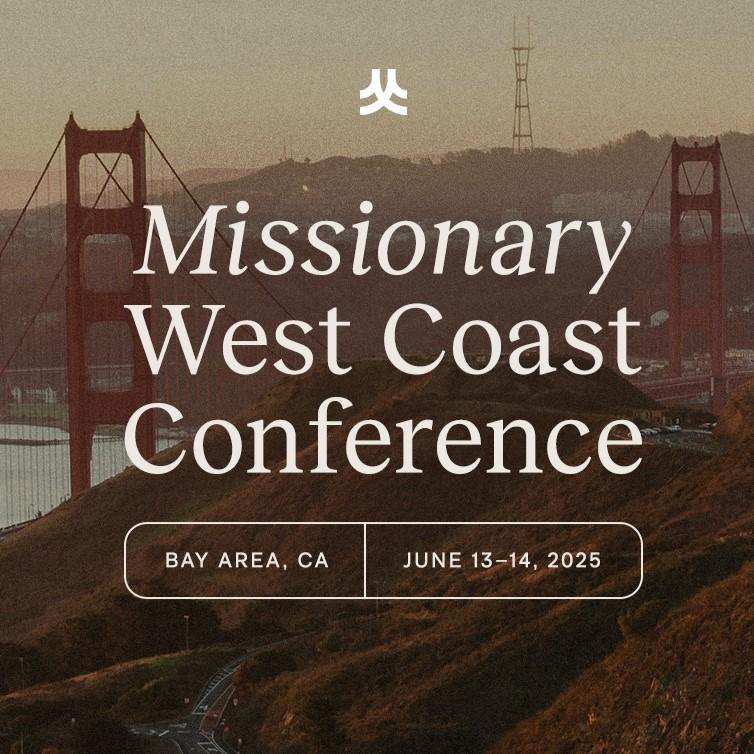 Our friends at Missionary are hosting a conference for young adults and their leaders on June 13-14th, 2025 at NorthCreek Church in Bay Area, CA.
Our friends at Missionary are hosting a conference for young adults and their leaders on June 13-14th, 2025 at NorthCreek Church in Bay Area, CA.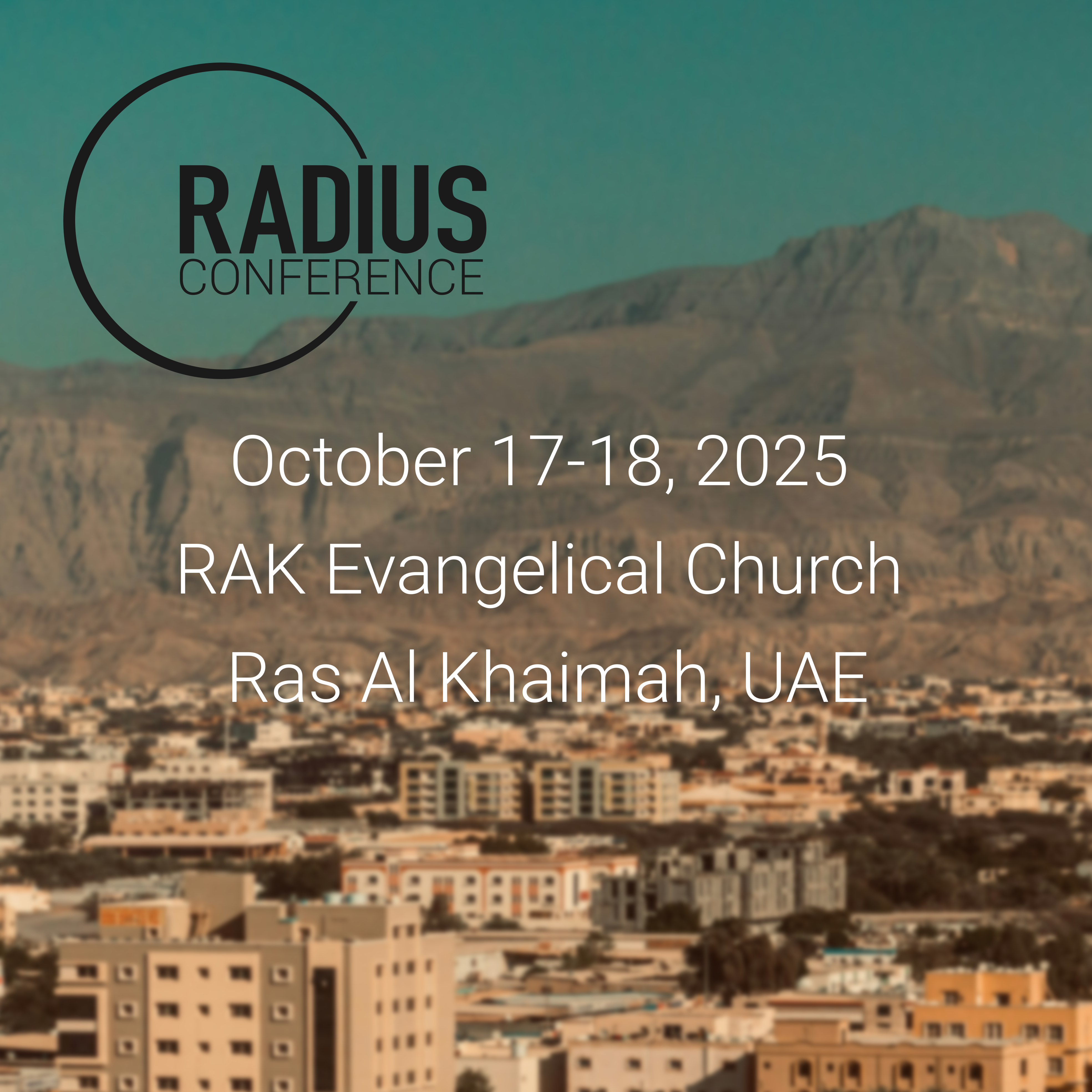 Join us for The Radius Conference on October 17-18th, 2025 at RAK Evangelical Church in Ras AL Khaimah, UAE.
Join us for The Radius Conference on October 17-18th, 2025 at RAK Evangelical Church in Ras AL Khaimah, UAE.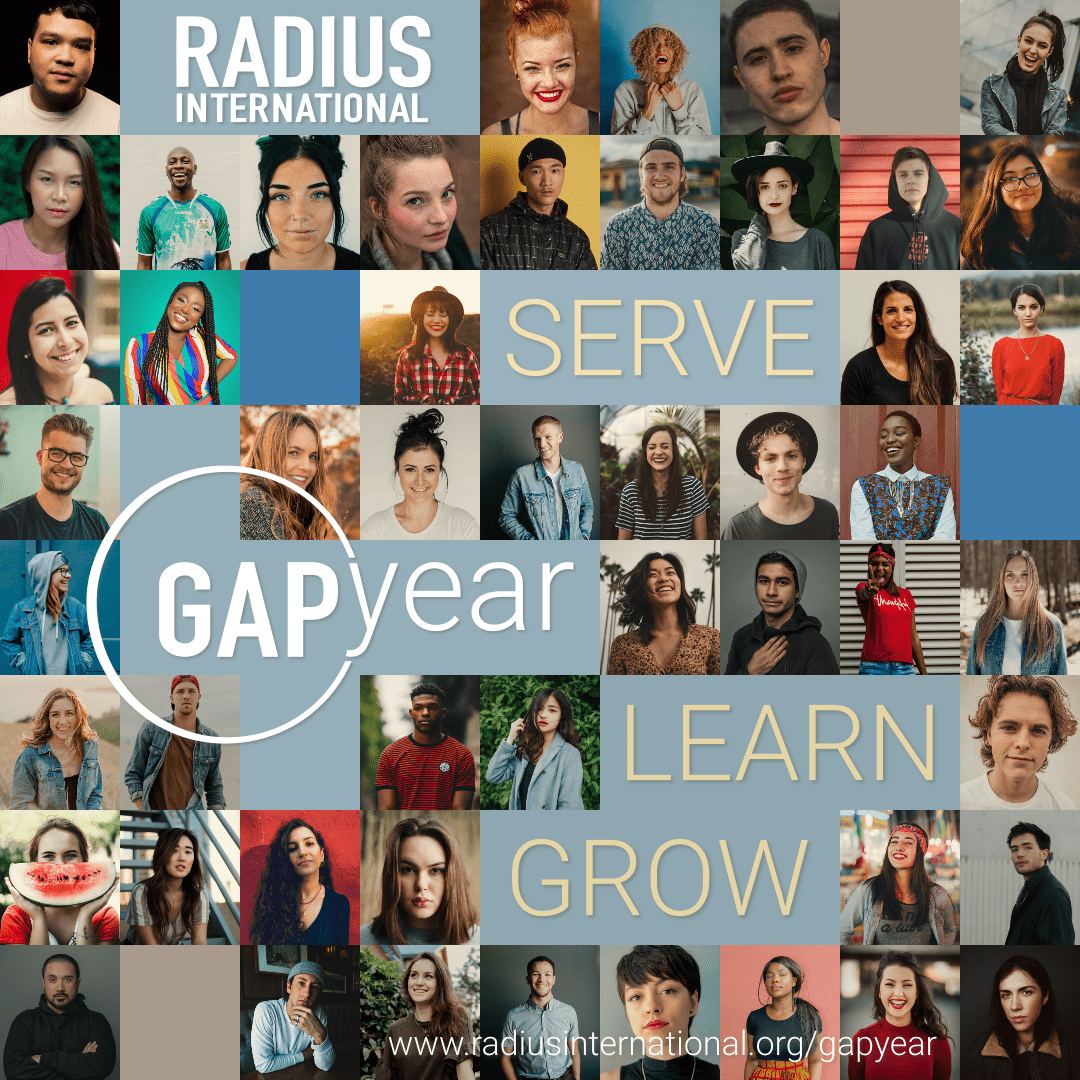 Spend 9 months in Mexico and play a vital role in The Great Commission through serving our staff and students while gaining valuable cross-cultural experience and opportunities to grow in your faith.
Spend 9 months in Mexico and play a vital role in The Great Commission through serving our staff and students while gaining valuable cross-cultural experience and opportunities to grow in your faith. Would you like to join us in our efforts to further the spread of the Gospel in still-unreached places? Support the work of RADIUS International by donating online.
Would you like to join us in our efforts to further the spread of the Gospel in still-unreached places? Support the work of RADIUS International by donating online. Are you or your church interested in giving towards a special missions opportunity? Learn more about some of our current projects.
Are you or your church interested in giving towards a special missions opportunity? Learn more about some of our current projects. Partner with some of our current students by paying their tuition/room & board.
Partner with some of our current students by paying their tuition/room & board. Reimburse RADIUS for on-campus lodging and/or meals.
Reimburse RADIUS for on-campus lodging and/or meals. Check out our blog for recent posts from our staff, alumni, and ministry partners.
Check out our blog for recent posts from our staff, alumni, and ministry partners. Purchase recommended books from our online bookstore at 10ofthose.com.
Purchase recommended books from our online bookstore at 10ofthose.com.
 Do you desire to take the Gospel to those who have never heard and see a healthy church established? Do you think RADIUS might be a good fit for you? Apply today!
Do you desire to take the Gospel to those who have never heard and see a healthy church established? Do you think RADIUS might be a good fit for you? Apply today!
 Interested in working with RADIUS? Learn more about open positions.
Interested in working with RADIUS? Learn more about open positions.

